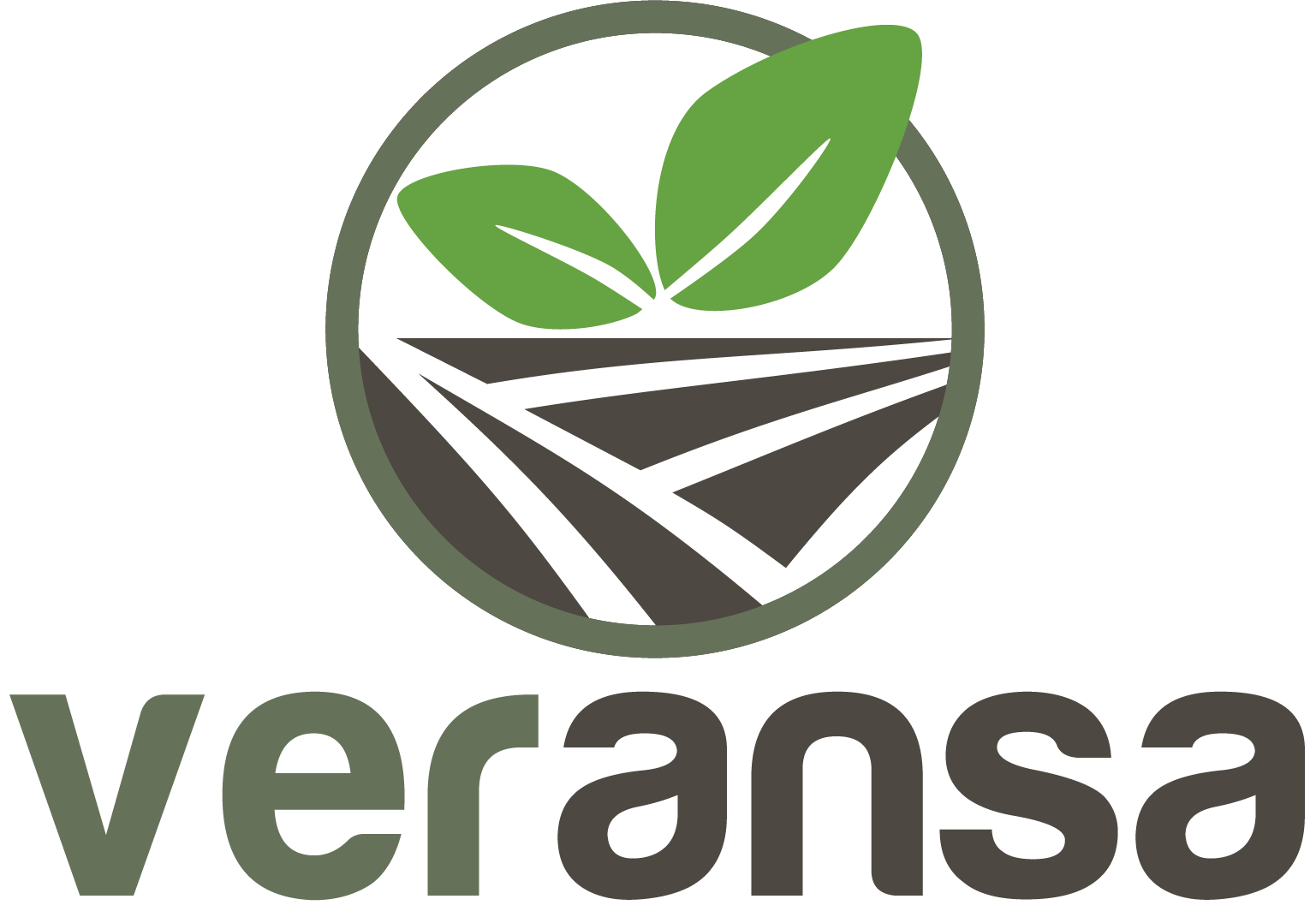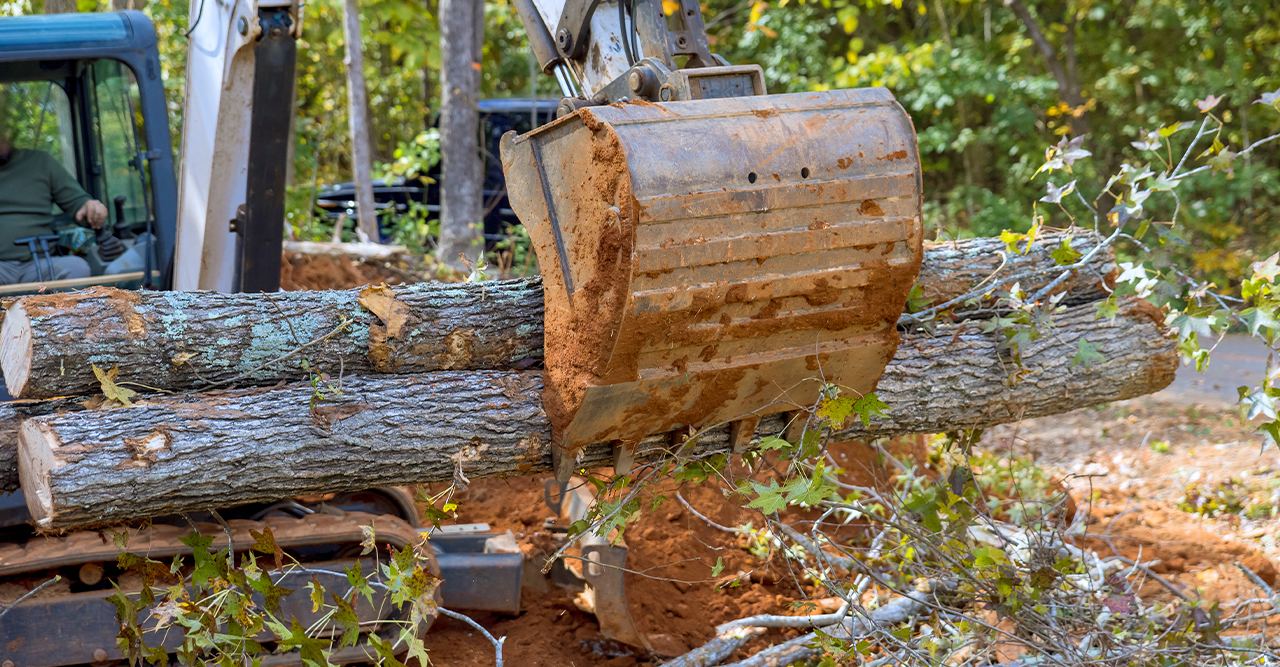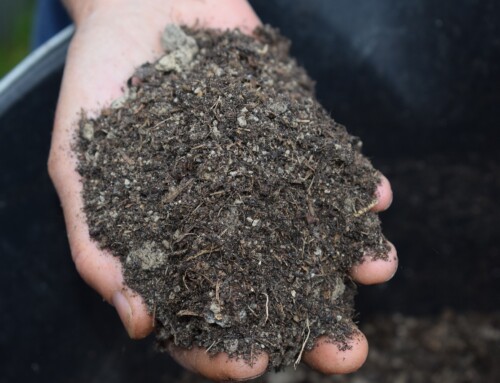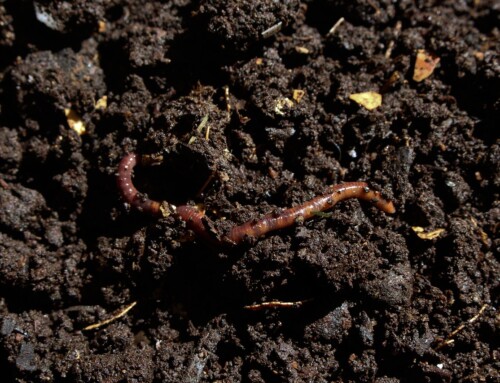Yard and wood waste make excellent mulch and compost for several compelling reasons, all of which contribute to sustainable gardening and landscaping practices. By transforming these materials into valuable resources, gardeners and landscapers can enhance soil health, promote plant growth, and reduce environmental impact. Here’s a detailed exploration of why yard and wood waste are so effective in these roles.
Nutrient-Rich Content
Yard and wood waste, such as leaves, grass clippings, branches, and sawdust, are rich in organic matter. When decomposed, they break down into humus, a form of organic matter that is highly beneficial for soil. Humus improves soil structure, increases its water-holding capacity, and provides essential nutrients to plants. For example, leaves contain a good mix of nutrients, including nitrogen, phosphorus, and potassium, which are vital for plant health. As they decompose, these nutrients become available to plants in a form they can easily absorb.
Soil Structure Improvement
One of the primary benefits of using yard and wood waste as mulch and compost is the improvement of soil structure. Mulch, made from shredded leaves, bark, or wood chips, helps to retain soil moisture and reduce erosion. It acts as a protective layer that insulates the soil, keeping it cooler in summer and warmer in winter. This temperature regulation promotes more consistent soil conditions, which benefits plant roots.
Composting yard waste contributes to better soil structure by increasing its aggregate stability. Well-decomposed compost adds bulk to the soil, enhancing its texture and aeration. This allows for better root penetration and improves overall soil health. Improved soil structure also aids in water infiltration and reduces runoff, which is beneficial for maintaining healthy plant growth and preventing soil erosion.
Weed and Pest Control
Using mulch made from yard and wood waste can help suppress weeds by blocking sunlight and preventing weed seeds from germinating. A thick layer of mulch effectively smothers weeds and reduces competition for nutrients and water, allowing your desired plants to thrive. Additionally, certain types of mulch, like cedar or pine, have natural pest-repellent properties that can help deter insects and other garden pests.
Composting yard waste also contributes to pest control. By producing a rich, well-balanced compost, you can attract beneficial organisms such as earthworms and microbes that help to naturally suppress harmful pests and diseases. These organisms create a balanced ecosystem in the soil, reducing the need for chemical interventions.
Environmental Benefits
Recycling yard and wood waste into mulch and compost supports environmental sustainability. It reduces the volume of waste sent to landfills, which in turn lowers greenhouse gas emissions from decomposing organic matter in landfills. Composting is an eco-friendly practice that minimizes waste and provides a valuable resource for soil enrichment. By using yard waste in this way, gardeners contribute to the circular economy, where organic materials are continuously reused and recycled.
Furthermore, utilizing yard waste as mulch and compost can reduce the need for synthetic fertilizers and soil amendments. Organic compost and mulch improve soil health naturally, diminishing the reliance on chemical products that can be harmful to the environment.
Yard and wood waste make excellent mulch and compost due to their rich nutrient content, ability to improve soil structure, and benefits for weed and pest control. They support environmental sustainability by reducing landfill waste and decreasing the need for synthetic soil amendments. By recycling these materials into valuable garden resources, gardeners and landscapers can foster healthier plants, enhance soil health, and contribute to a more sustainable environment.
The Veransa Group works with municipalities to collect and repurpose wood waste, manufacturing organic soil amendments that exemplify the principles of ecological stewardship and resourcefulness.




